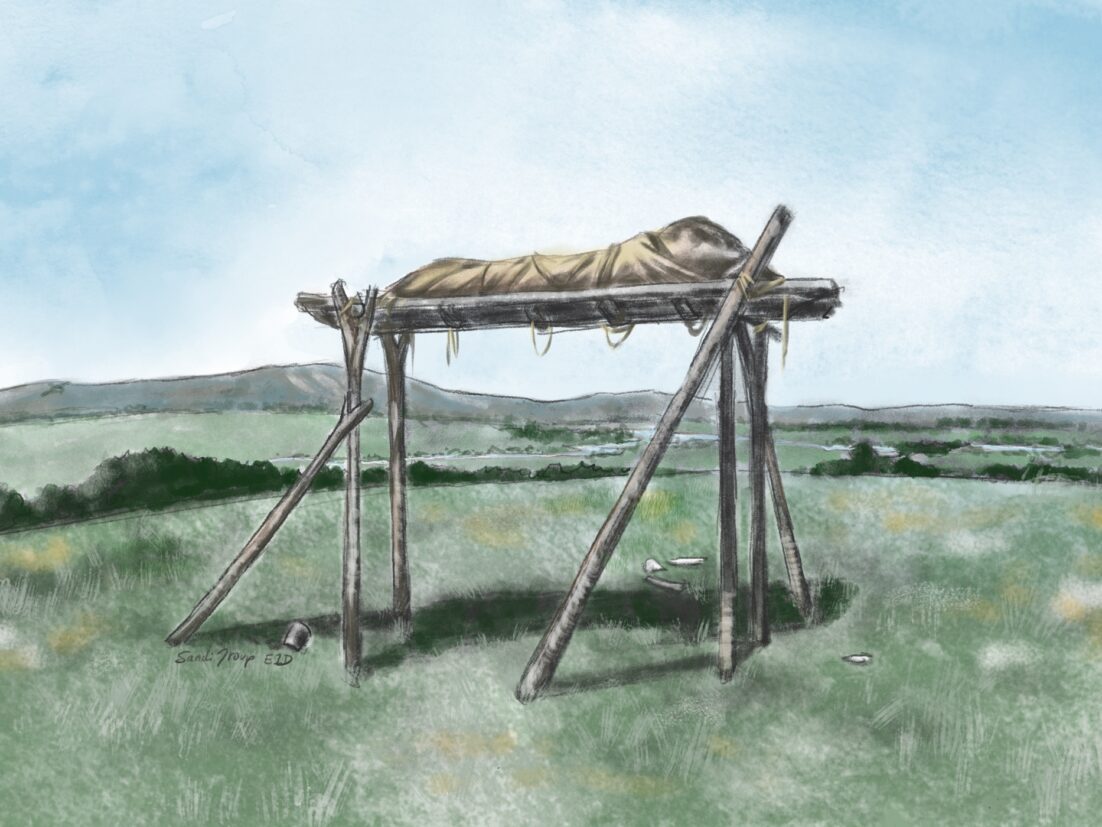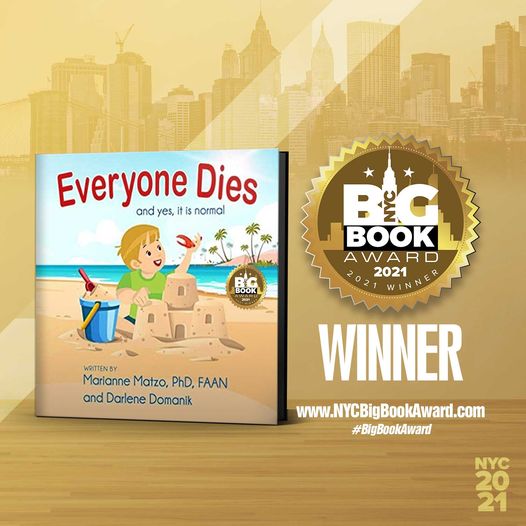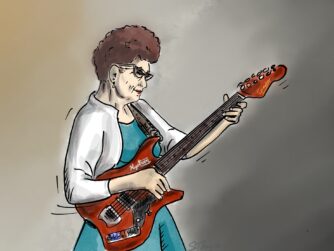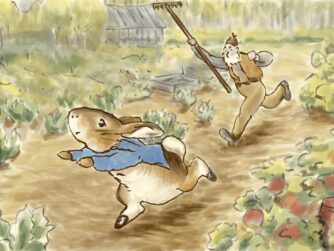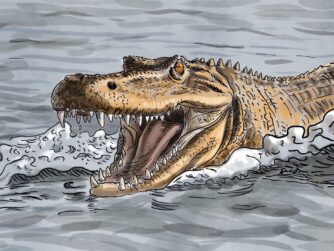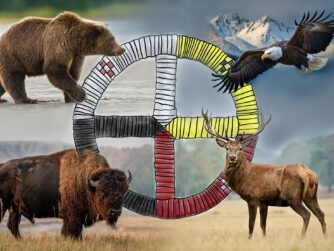Learn this week about Native American views on death and funeral practices. Our guest who is indigenous herself shares how you can best support a friend from another culture.
While each Native American Tribe has unique funeral practices, there is a lot of commonality in their beliefs about death and how the body should be treated afterwards. Understanding these beliefs is important to honor the deceased and support the bereaved.
In This Episode:
- 05:17 – Food and Native American Life
- 08:05 – Recipe – Scalloped Corn Casserole
- 09:43 – Death in Indigenous American Communities; Interview with Dr. Jeanna Ford
- 19:59 – Witness to a Native American Funeral
- 28:38 – Outro
What Do Native Americans Value?
Over 5 million United States citizens self-identified as Indigenous Americans in 2020. Nearly two million are members of the 574 federally recognized tribes in the 37 states of the U.S. government. This week we talk about death in Indigenous American communities. Typical values include celebrating life, respect for traditional ways, hope for a peaceful death, and access to comfort-focused care while surrounded by family in the hospital or on tribal land.
What are some important beliefs that influence a Native American funeral service?
- The funeral is a sacred service that involves both the family and community.
- Death is seen as a journey to another world, but sympathy from others is welcomed to ease the feeling of loss.
- Beliefs about heaven and hell are incompatible with Native American views because all creation is seen as sacred.
- Different groups may have diverse explanations about life and death yet shared across communities.
- Nature is sacred and evidence of a Creator.
- Sacred ceremonies take place in nature, not in a church or temple.
- The power of the Creator is shared by the community.
- All creatures are seen as equal, but humans are also tasked with finding their place in the world.
- There are mysteries and unseen powers in the world that are accepted without need for explanation.
- Christian songs and prayers are often part of tribal funeral customs.
Palliative Care and Hospice Specialist: Dr. Jeanna Ford
We are honored to be joined in this episode by joined by Dr. Jeanna Ford, a Clinical Nurse Specialist from the Department of Internal Medicine at the University of New Mexico Health system in Albuquerque. Dr. Ford is indigenous herself coming from the Southern Cheyenne and Citizen Potawatomi Nations and practices palliative care in New Mexico caring for many tribal patients from various reservations and pueblos.
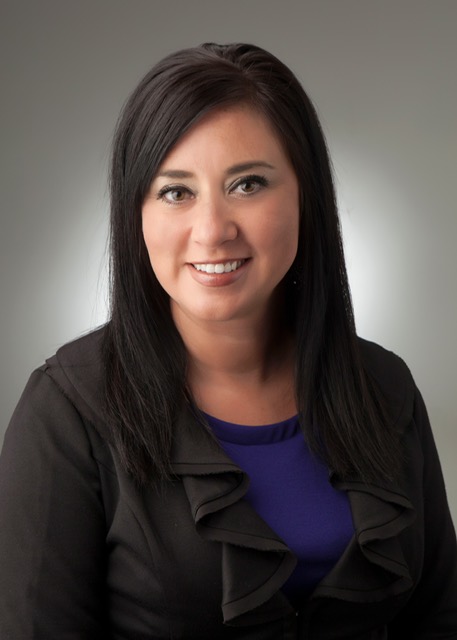
Dr. Ford is a Clinical Nurse Specialist in the field of palliative care and hospice.
She has a Bachelor of Science in Biological Sciences, a Bachelor of Science in Nursing, a Master of Science in Nursing, and a Doctor of Nursing Practice. She is double board certified as a Clinical Nurse Specialist in Adult Health and as an Advanced Certified Hospice & Palliative Care Nurse. Dr. Ford also holds the titles of a Fellow in Palliative Nursing Care as well as a Fellow of Clinical Nurse Specialists.
She has served as a bedside nurse, advance practice nurse, and clinical leader in the specialties of intensive care, oncology, palliative care, hospice and has been instrumental in the startup of several palliative programs.
Dr. Ford is a national speaker, published author, and focuses her clinical expertise in the area of cultural sensitivity at the end of life with an emphasis on indigenous populations. She currently works as the Clinic Director and APRN for the University of New Mexico Hospital’s outpatient palliative care program as well as serves as faculty for the Center to Advance Palliative Care and for the Hospice and Palliative Nurses Association.
References:
- Sean Sherman’s 10 Essential Native American Recipes (NY Times)
- Potawatomi Culture – Honoring Those Who Came Before
- Native American Funeral Traditions – A Good Goodbye
- Native American Funeral Service Rituals (FuneralWise)
Resources:
- Native American Death Rituals
- The Perfect Stranger’s Guide to Funerals and Grieving Practices: A Guide to Etiquette in Other People’s Religious Ceremonies (Amazon)
Witness to a Native American Funeral

Charlie read an account by Gail Rubin called “Witness to a Native American Funeral” about a funeral she was invited to attend and write about. You can find more of Gail’s work about dying and death at A Good Goodbye.
Recipe of the Week: Scalloped Corn Casserole
:max_bytes(150000):strip_icc():format(webp)/Scalloped_Corn_Casserole_015-1-0117191d7cd14579997b8f70fe6b9b70.jpg)
If you like scalloped potatoes, but with creamy sweet corn and a crispy topping, this recipe is for you! Food is called scalloped when it is cooked in milk or cream, and baked until bubbly. Try it out at your next funeral lunch or family get-together. Get the recipe here at Southern Living.


https://blog.feedspot.com/palliative_care_podcasts/
Everyone Dies: and yes, it is normal!
Everyone Dies (and yes, it is normal) is a story about a young boy named Jax who finds something special on the beach where he and his grandpa Pops are enjoying a wonderful day. Pops helps Jax understand that death is a normal part of life. This book provides an age appropriate, non-scary, comfortable way to introduce the important topic of mortality to a preschool child. Its simple explanation will last a lifetime. Autographed copies for sale at: www.everyonediesthebook.com. Also available at Amazon
Mourning Jewelry
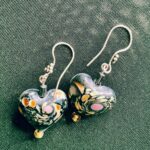
We offer a way to memorialize your loved one or treasured pet with a piece of handmade jewelry. When people comment on it and the wearer can say for example “I received this when my mother died” which opens the conversation about this loss. All our jewelry is made with semi-precious stones and beads, vintage beads, and pearls. You can choose between earrings or bracelets and the color family. Learn More


